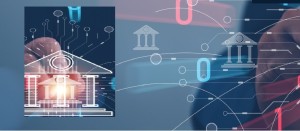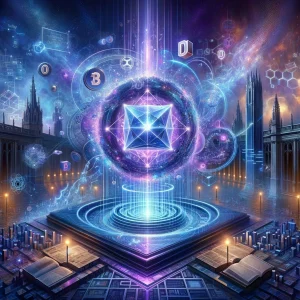The American Dream, a concept coined by historian James Truslow Adams during the throes of the Great Depression, has long been synonymous with the ideal of upward mobility. Enshrined in the belief that any US citizen, through sheer hard work, can not only succeed but also surpass their parents’ socio-economic status, this dream has been a beacon of hope for many.
Adams, in his 1931 work ‘The Epic of America‘, juxtaposed the then economic despair with a resilient optimism, exemplified by the success story of Russian immigrant and writer Mary Antin. Yet, as we navigate through the 21st century, the shifting sands of America’s socio-economic landscape beg the question: Is the American Dream still alive, or has it morphed into something unrecognizable?
The Great American Stagnation
Fast forward to today, and David Leonhardt’s critical analysis in ‘Ours Was the Shining Future’ paints a rather bleak picture of the once-luminous American Dream.
The last fifty years in the US have been characterized by stagnant incomes, widening wealth inequality, and a decline in social mobility — a stark contrast to the post-World War II era, where a majority of children out-earned their parents. Leonhardt refers to this as the ‘Great American Stagnation’, a period where the dream seems more mythical than attainable.
Harvard’s Raj Chetty’s findings, popularized by Leonhardt, show a significant drop in upward mobility over generations. While a staggering 92% of children born in 1940 outpaced their parents’ earnings, those born in 1980 had merely a 50% chance of doing so.
This downward spiral has far-reaching implications, from a diminished engagement in global crises like climate change to a surge in anti-democratic movements and racial intolerance within the US.
American Dream: The Decline and Potential Revival
Leonhardt’s book attempts to dissect the factors behind the fall of the American Dream. He points to a shift from democratic capitalism to a laissez-faire attitude dominated by corporate interests and short-term gains. This, coupled with cultural and political changes, has left average working Americans behind.
Leonhardt critiques the Democratic Party for alienating socially conservative masses and failing to implement crucial economic reforms. Furthermore, he delves into how the ‘greed is good’ mantra and unchecked market forces have contributed to a nation in decline.
Yet, there’s more to the story than economic policies and political shifts. The American Dream’s trajectory is also shaped by societal dynamics, including the transformation of labor movements and the evolution of gender and racial politics.
Leonhardt explores how the deaths of pivotal figures like Martin Luther King Jr. and Robert F. Kennedy disrupted the formation of a liberal coalition that could unite across class and color lines.
Current President Joe Biden, with his commitment to industrial policy and wealth redistribution, is seen as trying to reverse this decline. While the US economy shows signs of improvement, it remains to be seen whether these efforts will revive the American Dream or if they’ll resonate with the electorate in the upcoming presidential election.
As we approach another presidential election, the fate of the American Dream hangs in the balance. ‘Ours Was the Shining Future’ might not offer a definitive answer, but it certainly stirs a crucial conversation.
The American Dream, in its traditional sense, may be wavering under the weight of modern challenges. However, its evolution, not its demise, might be what defines the next chapter of American history. Whether this dream adapts to the changing times or fades into the annals of history is a narrative still being written.





